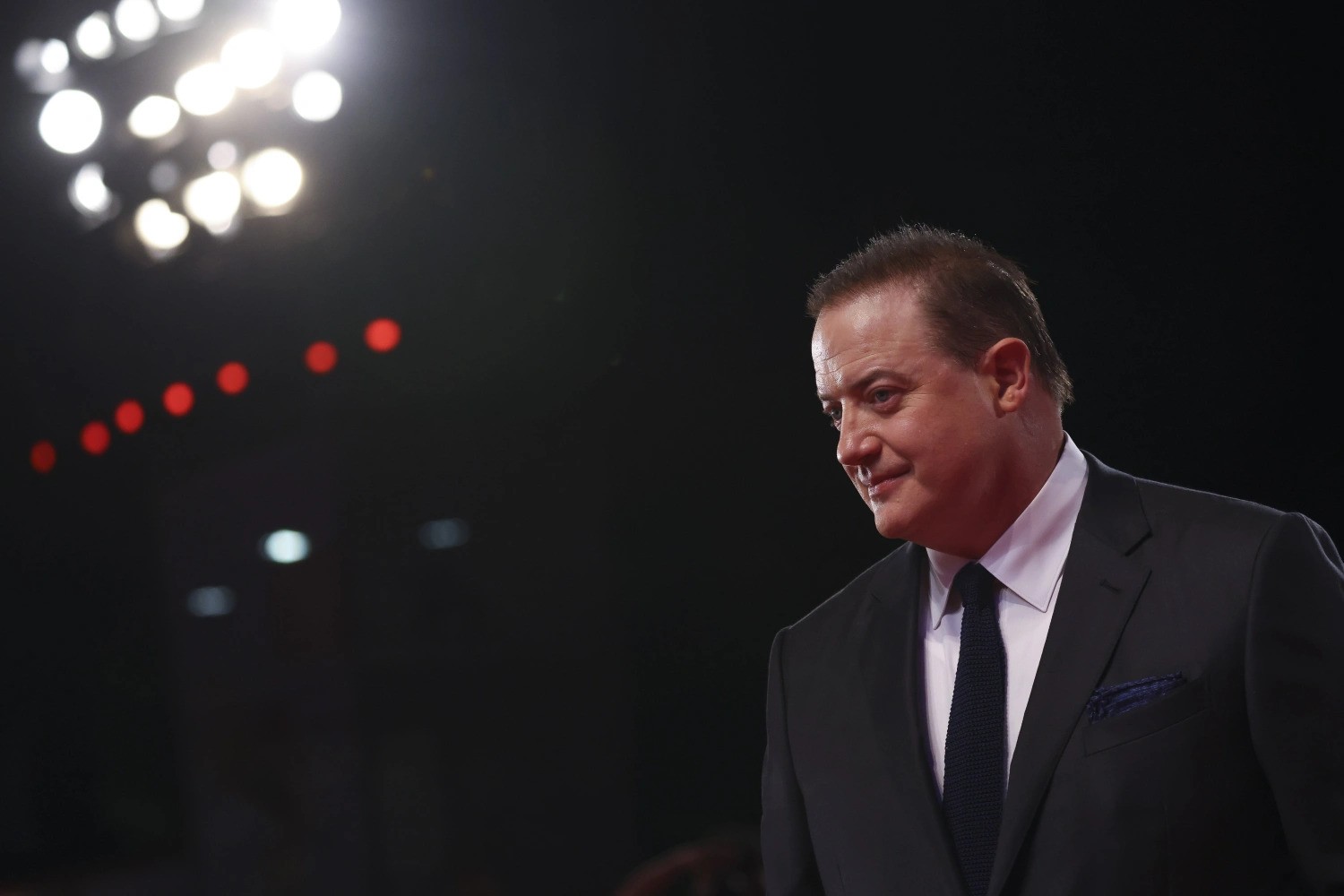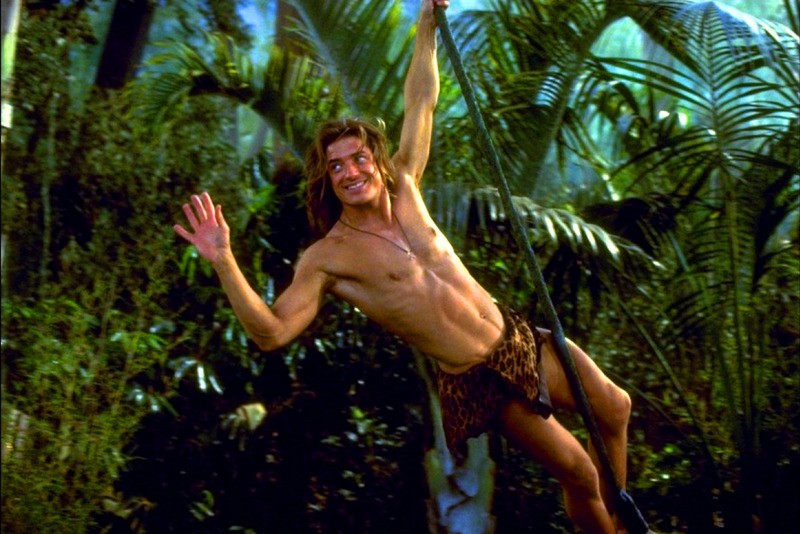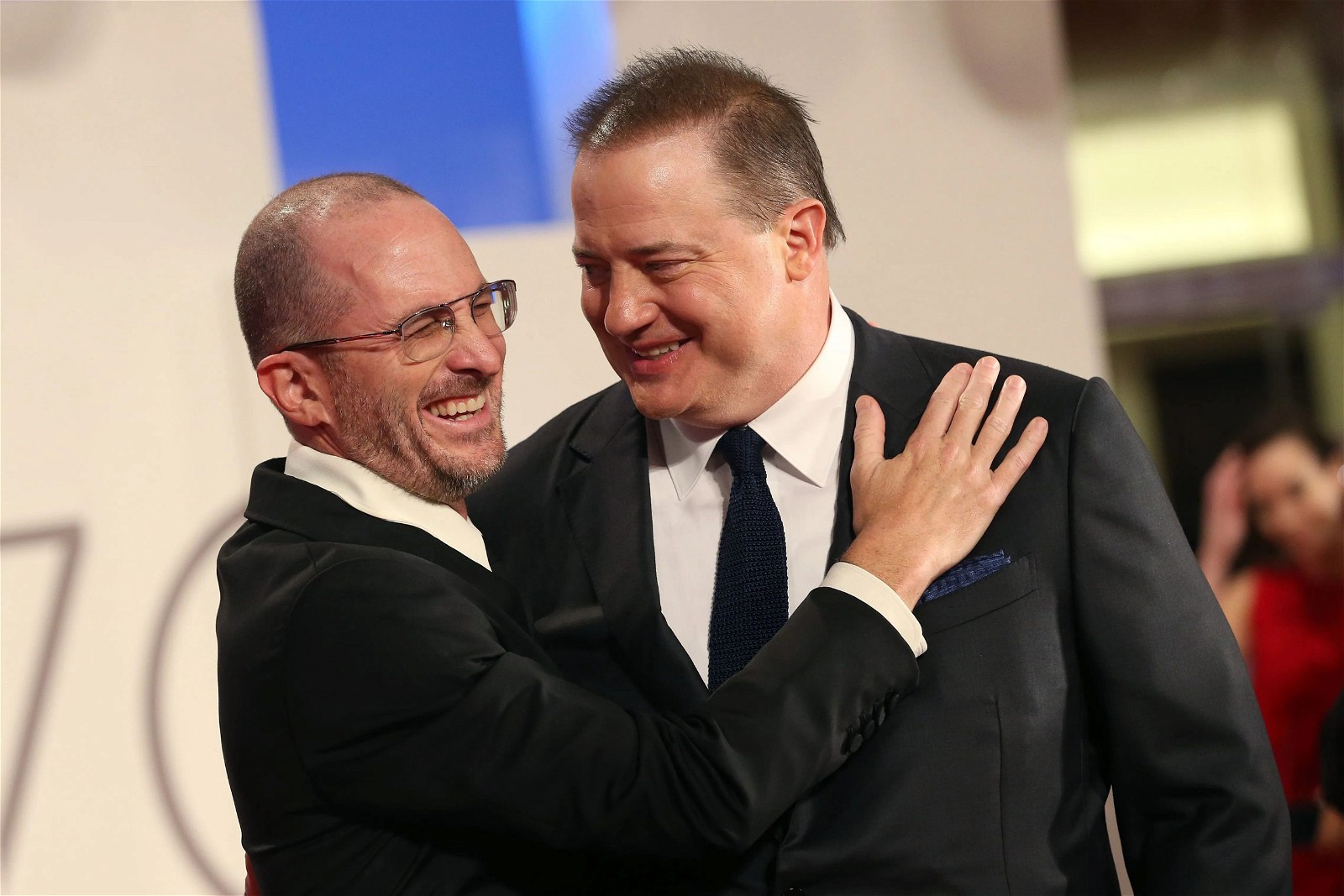In what has been unanimously dubbed as the era of The Mummy actor’s resurrection, aka the Brenaissance, Brendan Fraser has been dropping headlines left and right and melting people in pools of happy tears since his recent rise in the public eye. As his latest film, The Whale earns Fraser his long-awaited and first-ever Academy Award nomination, the star has remained speechless and graceful in his acceptance, and above all, humble to a fault.
With each appearance, the public’s adoration for the actor grows stronger than ever as the Oscar nominee goes on shattering records and delivering statements rooted in authenticity.

Brendan Fraser’s Enmity Against Hollywood Male Physique
Darren Aronofsky’s The Whale is just what an Aronofsky film we can expect it to be – stunning and unbelievable in its emotional weight. But this time, the director delivers a blow that does more than knock one’s breath out. He brings back Brendan Fraser to the front and center, away from the sidelines where the actor has resided for too long and gives him his place in the industry back.
As Hollywood grows even more enamored with the beauty contained within the man’s heart, Fraser continues fascinating people with his genuine compassion. In an interview with The Telegraph, speaking about his roles in the first half of his career, the actor draws attention to the unrealistic standards expected from a lead actor with regard to his physicality:
“It made sense that I had to look like that if all they were giving me to put on was a butt flap [a reference to George in the Jungle]. I mean, I’m older now; I don’t look the way I did in those days, and I don’t necessarily want to. But I’ve made peace with who I am now. And I’m glad that the work I can do is based in an emotional reality that’s not my own life, but is one that I can strongly identify with.”

The Whale portrays Brendan Fraser as an extremely obese gay man who struggles to reconcile with his estranged daughter. The film, upon debut, became the subject of mass criticism with references to fatphobia which the actor was quick to comment on and shut down. It now looks like Fraser has inadvertently become a spokesperson against the unrealistic body standards set by onscreen representations resulting in body dysmorphia and body image issues among the impressionable young demography of the audience.
Brendan Fraser Reclaims His Long-Lost Crown Once Again
The entirety of the 1990s was ruled by a handful of men who stood at the vanguard of cinema but none more so than the golden-haired, blue-eyed frontman of Hollywood: Brendan Fraser. He was the people’s favorite, the industry’s first choice, the money maker, and the definitive heartthrob. And then he vanished. For twenty years Fraser became reminiscent of a flickering firefly – spotted momentarily on the screen and gone again just as immediately as he would appear.

Not this time, however. The actor rises after a thorough battle against clinical depression and his quantifiable abhorrence toward some of the industry partisans and steps into the limelight, blinding everyone with his simple presence, a nonchalant smile, and a wave of his hands. Even though the incredulous comeback may be awarded to the notable efforts of Darren Aronofsky, in major part, it was Brendan Fraser who found it in himself to stand up again, be vocal about his struggles, and rise above them in a show of strength and empowerment. Taking back control of the narrative just got a whole new definition.
Source: The Telegraph

